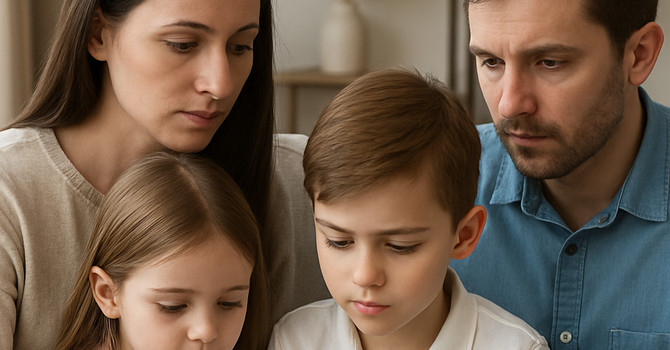
The Psychological Impact of Sports Injuries on Fans: Understanding Collective Stress
In the world of sports, fans often form deep emotional connections with their favorite teams and players. This attachment can create a sense of community and belonging, but it can also lead to collective psychological stress, especially when a beloved player suffers an injury. Understanding the psychological dynamics at play can help fans navigate their emotions during these challenging times.
The Emotional Investment
For many fans, supporting a team is more than just a pastime; it’s a significant part of their identity. This emotional investment can heighten feelings of joy during victories but also amplify the pain of losses, particularly when it involves injuries to key players. The bond between fans and players is often built on shared experiences, with fans celebrating triumphs and lamenting defeats together. When a player is injured, it disrupts this emotional connection, leading to feelings of anxiety, sadness, and uncertainty.
Collective Grief
Injuries can evoke a sense of collective grief among fans. Just as a community mourns the loss of a significant figure, fans may feel a shared sense of loss when a player is sidelined. This grief can manifest in various ways, including:
- Disappointment: Fans may feel let down by the injury, questioning how it will affect the team's performance and their own hopes for the season.
- Fear: Concerns about the player's recovery, potential long-term effects, and the impact on the team can create a sense of fear about the future.
- Anger: Frustration towards the circumstances leading to the injury, whether it be bad luck, poor officiating, or even the player's management, can lead to feelings of anger and resentment.
Social Dynamics
The collective experience of stress over a player's injury can strengthen social bonds among fans. Supportive conversations, shared reactions on social media, and group watch parties can create an environment where fans come together to cope with their emotions. However, this social dynamic can also lead to negative outcomes, such as:
- Echo Chambers: Fans may reinforce each other’s negative feelings, leading to increased anxiety and distress.
- Conflict: Discussions about the injury can become contentious, especially if fans have differing opinions on player management or the team's response to the injury.
Coping Strategies
To navigate the psychological stress associated with a player’s injury, fans can adopt several coping strategies:
-
Acknowledge Emotions: Recognizing and validating feelings of disappointment, fear, and anger can be the first step in managing stress. It’s okay to feel upset about a player’s injury.
-
Stay Informed: Keeping up with reliable updates on the player’s recovery can help alleviate fears and provide a sense of control over the situation.
-
Engage in Positive Outlets: Finding ways to channel emotions into positive actions—such as supporting the team in different ways or participating in fan forums—can help alleviate stress.
-
Connect with Others: Sharing experiences with fellow fans can create a sense of community and provide support. Whether through social media or in-person gatherings, discussing feelings can be therapeutic.
-
Practice Self-Care: Engaging in physical activities, mindfulness practices, or hobbies can help distract from the emotional turmoil and promote overall well-being.
Conclusion
The injury of a favorite player can evoke profound collective psychological stress among fans, rooted in emotional investment and social dynamics. By recognizing these feelings and adopting healthy coping strategies, fans can navigate the challenges that come with such experiences. Ultimately, sports are about community and connection, and even in the face of adversity, fans can find strength in each other as they rally around their team.
.JPEG)
.JPEG)





